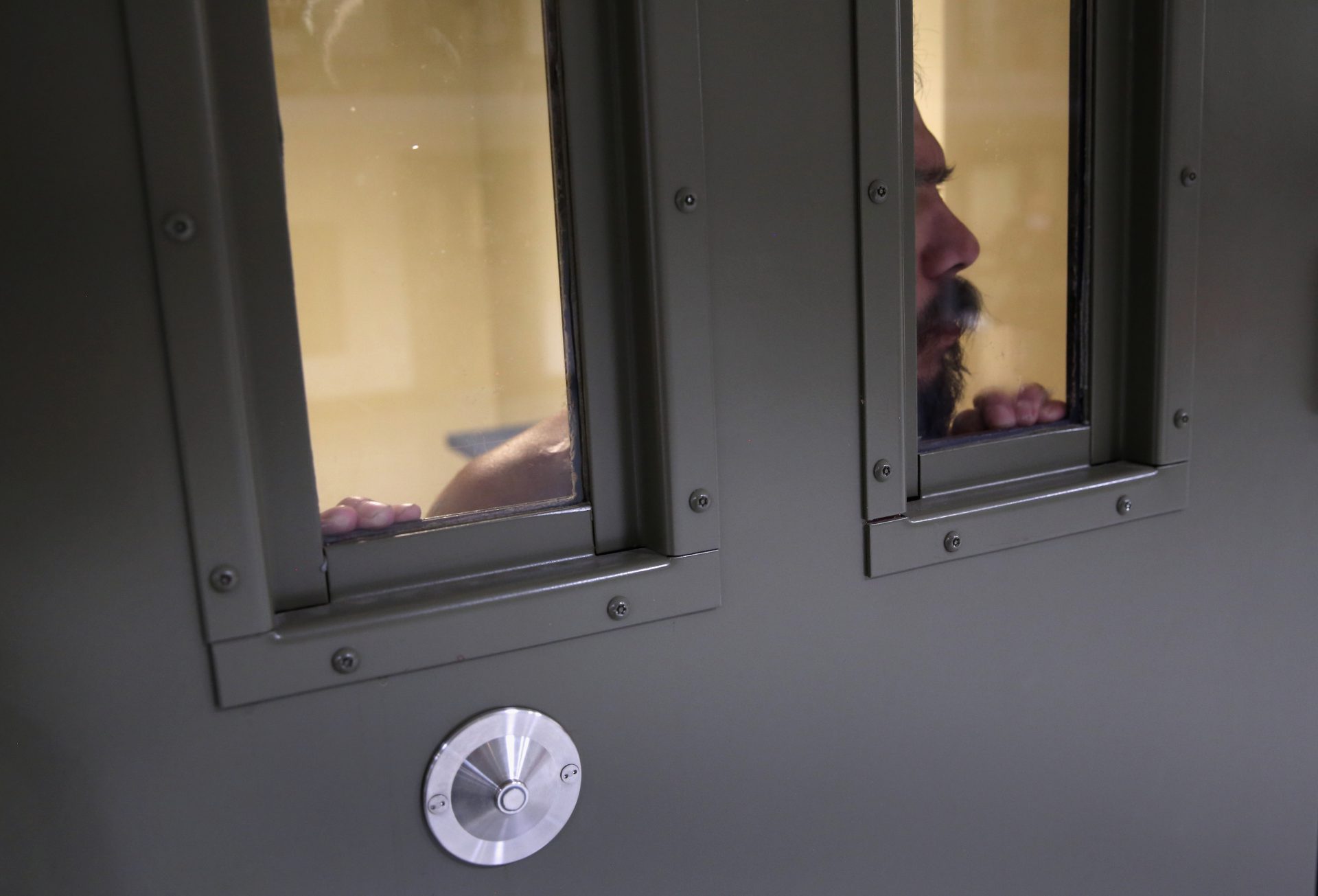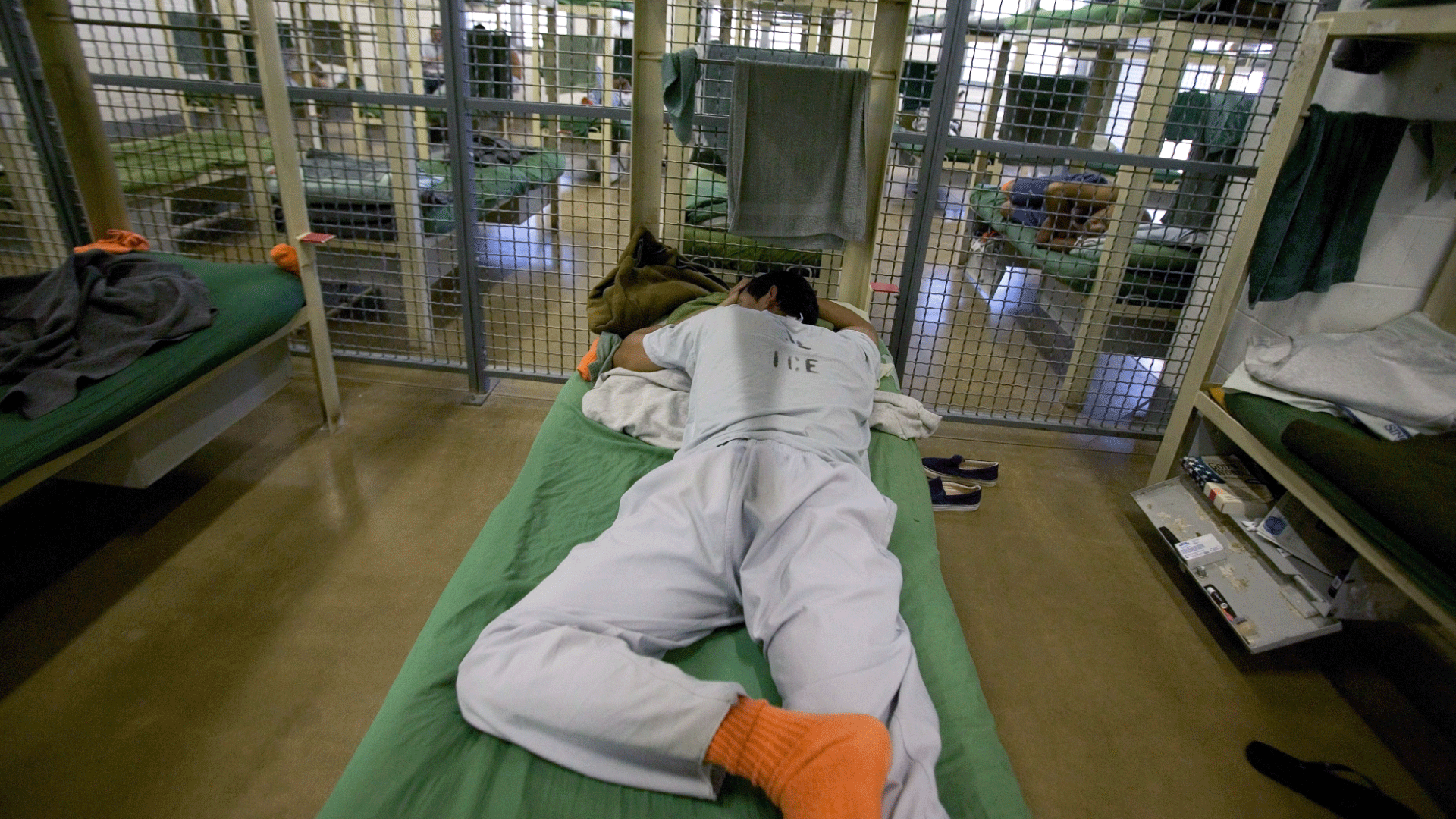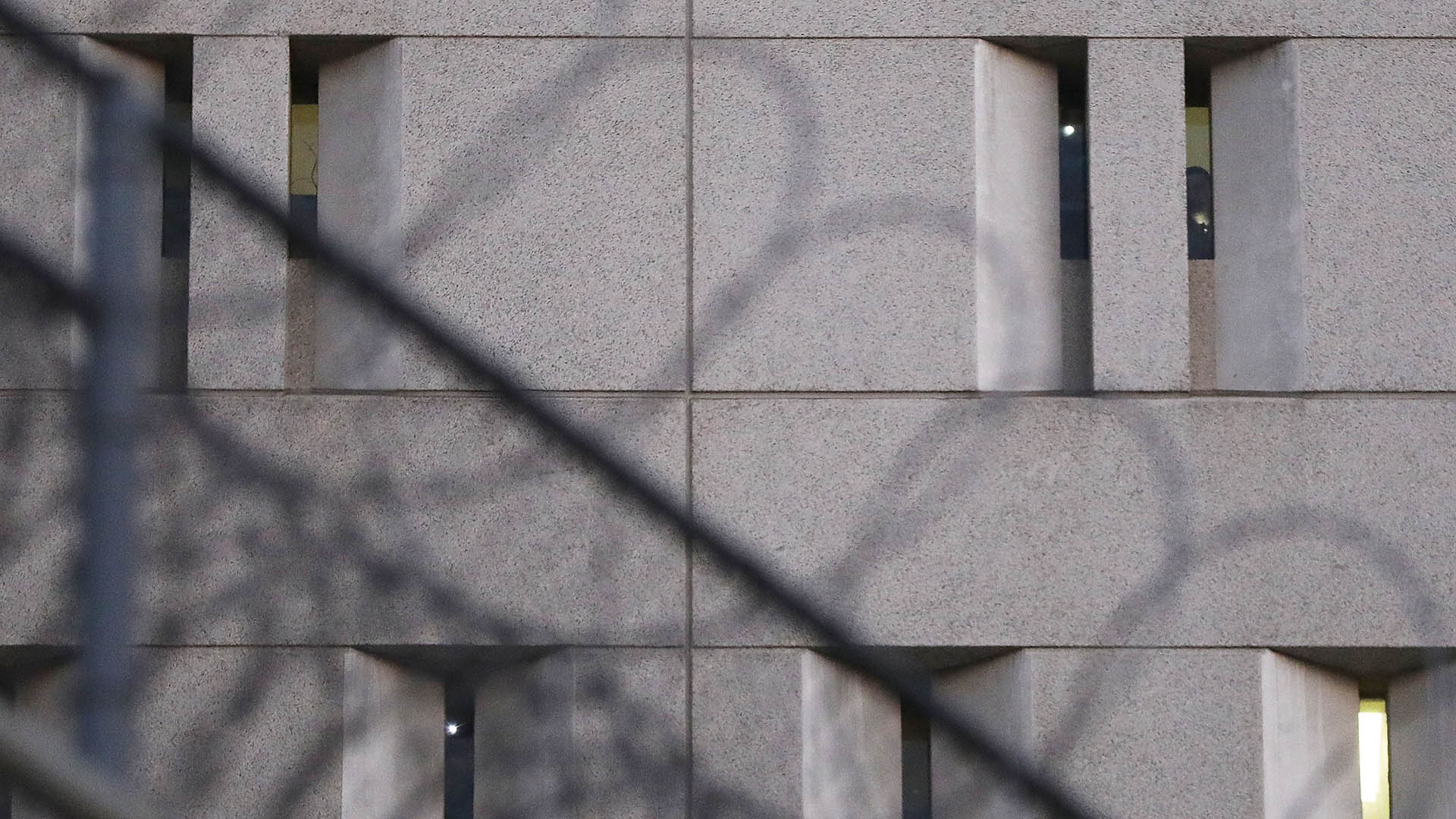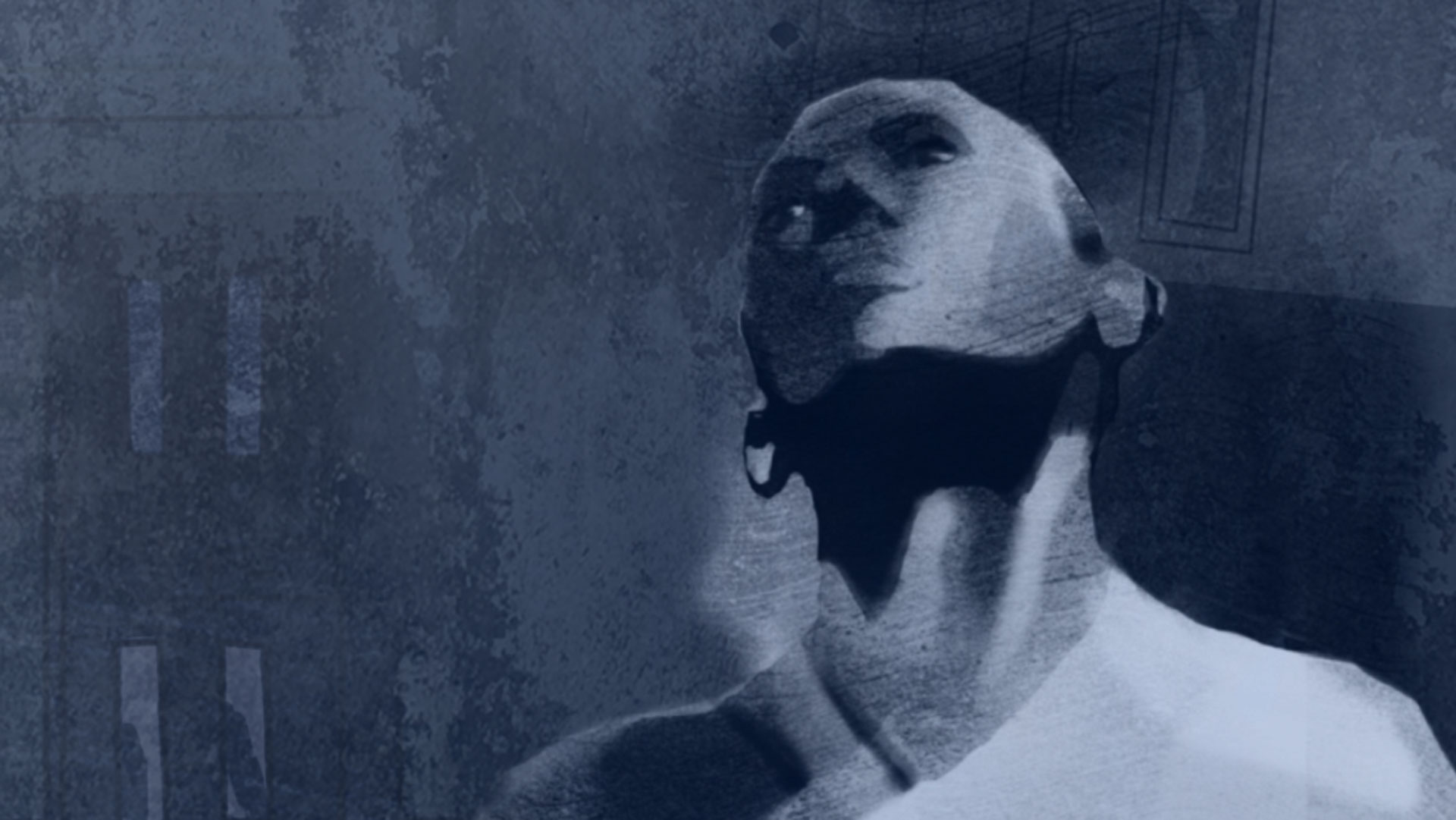A group of prominent United States senators introduced legislation Thursday that would dramatically curtail the use of solitary confinement inside U.S. Immigration and Customs Enforcement detention centers.
The bill, sponsored by Kamala Harris (D-Calif), Cory Booker (D-N.J.) and Dick Durbin (D-Ill.), takes aim at a range of practices identified in Solitary Voices, an International Consortium of Investigative Journalists investigation into the heavy use of solitary confinement by ICE.
Press releases from Durbin and Booker sharply criticized ICE for its “rampant and unnecessary overuse” of isolation cells to segregate detainees.
If adopted, the bill would outlaw locking detainees in solitary confinement in most instances as a punishment. It would also prohibit its use on detainees with severe mental illness, physical disabilities, and those who have recently given birth, with “narrow and temporary exceptions for detainees who pose a substantial and immediate threat.”
“There’s virtually no accountability when it comes to these detainees,” Sen. Durbin told ICIJ partner NBC News in an interview. “We’re setting strict standards here, and it’s about time.”
ICIJ’s reporting partners also included The Intercept, Grupo SIN in the Dominican Republic, Plaza Pública in Guatemala; Mexicanos contra la Corrupción in Mexico;and Univision in the U.S.
In releasing the bill, Durbin’s office cited ICIJ’s investigation, along with reports on the misuse of solitary confinement by the Project on Government Oversight and others.
Solitary confinement is a practice well known to cause mental illness, deepen preexisting psychological issues and even drive people to suicide. Former ICE detainees who ICIJ and its partners interviewed spoke of lasting trauma and even suicide attemps resulting from their time in the agency’s isolation cells.
Speaking publicly for the first time, Ellen Gallagher, a whistleblower within the U.S. Department of Homeland Security, told ICIJ she believed ICE’s use of solitary confinement “rises to the point of torture.”
In the months following publication of Solitary Voices, various U.S. lawmakers spoke out critically about ICE’s use of solitary confinement, but the bill is the first concrete attempt to address the issue with legislation.
The bill mandates that, for those detainees who must be segregated from the general population for more than two weeks, ICE must provide at least four hours of daily time outside the cell, meaningful social interaction and access to mental health care.
ICIJ’s investigation was sparked by a public records request, which yielded more than 8,000 records describing solitary confinement placements. But those records were far from complete: ICE detention centers are not currently required to report all cases. The bill would require ICE personnel to send a daily report to the agency’s director about every single detainee in solitary confinement that would include the “rationale behind each such placement.”
In addition to presidential hopefuls Booker and Harris, Democratic Senator Brian Schatz of Hawaii is also a co-sponsor of the bill, according to a press release from Sen. Durbin’s office.
The new bill follows sharp criticism of ICE actions from other lawmakers.
In July, senators Chuck Grassley (R-IA) and Richard Blumenthal (D-CT) sent a letter to ICE citing ICIJ’s work and demanding answers on “recent allegations of the misuse of solitary confinement.”
In late October, Senator Elizabeth Warren (D-MA) cited ICIJ in a letter to the DHS Office of Civil Rights and Civil Liberties expressing deep concerns that agency leadership, and even its own directives, are impeding the office’s ability to provide proper oversight over ICE’s use of solitary confinement. In making her case, Warren cited recent deaths of detainees in solitary confinement.
“It is crucial that the federal government deploy every available tool to stop the abuse of solitary confinement and prevent another avoidable death,” Warren said.
The bill introduced today attempts to put the power of federal law behind CRCL’s role as a watchdog over ICE’s use of solitary confinement. The bill states that the oversight office “shall be able to review documents, request and review information, and speak privately with aliens, contractors, volunteers, and U.S. Immigration and Customs Enforcement facility staff.”
Terry Kupers, a psychiatrist and professor at The Wright Institute who has studied solitary confinement extensively, said he was impressed by the comprehensiveness of Durbin’s draft bill.
“There is an epidemic of suicides in immigration detention,” Kuper’s said, pointing to solitary confinement as a primary culprit. “This is a very thoughtful bill that would have the effect of vastly limiting the use of solitary confinement in immigration detention facilities.”







